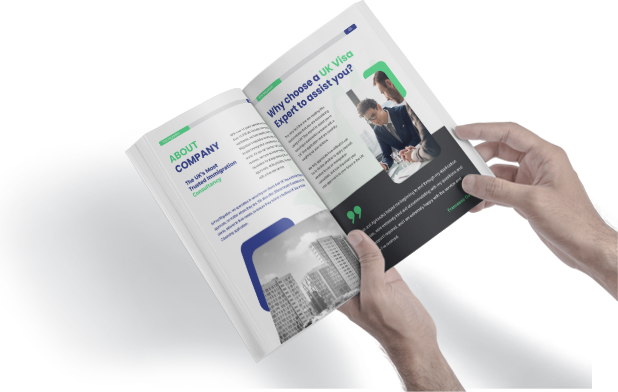What is a UK Civil Partnership Visa?
The UK Civil Partnership Visa is a type of settlement visa designed for non-European Economic Area (EEA) nationals who are in a genuine and subsisting civil partnership with a UK citizen, someone holding Indefinite Leave to Remain (ILR) or EU Pre-settled/Settled Status in the UK. This visa category allows the visa holder to live, work, and study in the UK, providing an opportunity for long-term settlement.
To be eligible for a UK civil partnership visa, applicants must provide various different pieces of evidence to demonstrate the merits of their application. These documents need to establish the immigration status of the sponsor, prove the age and ID of both parties, as well as demonstrate that there’s a bona fide and ongoing relationship. Additional requirements around finances, accommodation, English language ability, and health need to be addressed as part of the application process.
To obtain a UK Civil Partnership Visa, applicants must fill out an online form, pay the visa fee, attend a biometric appointment, and submit supporting documents to UK Visas and Immigration (UKVI). Standard processing times are up to 12 weeks for overseas applicants and 8 weeks for those applying within the UK. Alternatively, applicants can also opt for priority services. These services offer faster decisions, with processing times ranging from 6 weeks for overseas applications to just 1 working day for applications made within the UK.
Once granted, the Civil Partnership Visa is valid for an initial period of 30 months. If the applicant applies outside the UK, the visa is valid for 33 months. After this period, the visa holder can apply for an extension, valid for an additional 30 months. If, by the end of the extension, the applicant has continuously resided in the UK for five years, they may be eligible to apply for Indefinite Leave to Remain (ILR) and, ultimately, British citizenship.

















